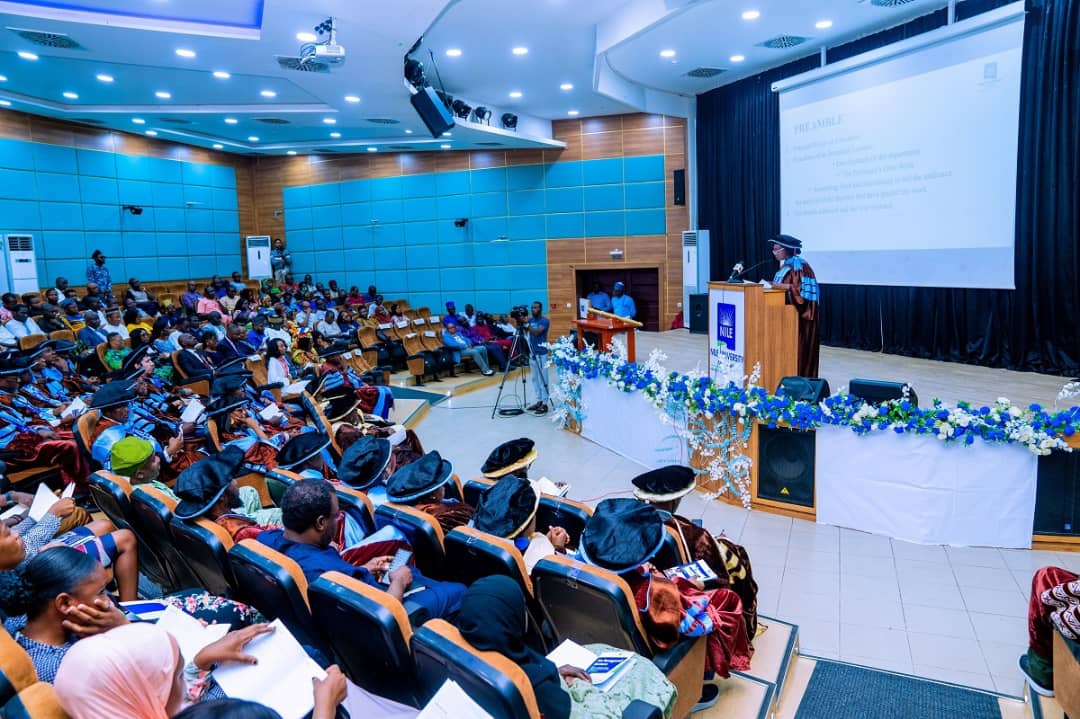A professor of Community Medicine and Public Health at Nile University of Nigeria, Abuja, Prof Titilola Obilade has described cholera as a preventable disease.
The university don, who stated this in an interview with journalists at the university premise shortly after she delivered the first edition of inaugural lecture of the institution disclosed that cholera enters through indiscriminate consumption of water.
The inaugural lecture, which was titled: “Health Messaging: Currency for Today, Savings for Tomorrow,” highlighted how timely and accurate health messages serve as vital tools in the immediate fight against health crises.
Some states across the country have been facing challenges of cholera outbreak with some deaths recorded in recent time in Lagos, Southwest zone of the country.
Fielding questions from journalists, Prof. Obilade said, “Let’s take it one after the other. We need to first have statistics, evidence-based medicine. Why is cholera attacking people? What’s their demographic data? What localities are being affected? Cholera is a preventable disease.
“It enters when not washing hands, through the contamination of fruits and foods. What do we teach people? Wash your hands properly. Don’t take water indiscriminately. Those are the preventions. If someone is sick, then clean and disinfect. If you look at it, prevention is better than taking someone to the hospital.”
Earlier, the Vice-Chancellor of Nile University, Prof. Dilli Dogo, highlighted the importance of the inaugural lecture series in enriching the existing body of knowledge and contributing to the intellectual advancement of the university community and policymakers.
He stated: “This inaugural lecture marks the beginning of a series of intellectual engagements that will not only showcase the scholarly achievements of our esteemed faculty but also add significant value to the existing body of knowledge.
“It is a testament to our commitment to academic excellence and our dedication to addressing real-world challenges through rigorous academic inquiries, research and innovation.”

 Join Daily Trust WhatsApp Community For Quick Access To News and Happenings Around You.
Join Daily Trust WhatsApp Community For Quick Access To News and Happenings Around You.
